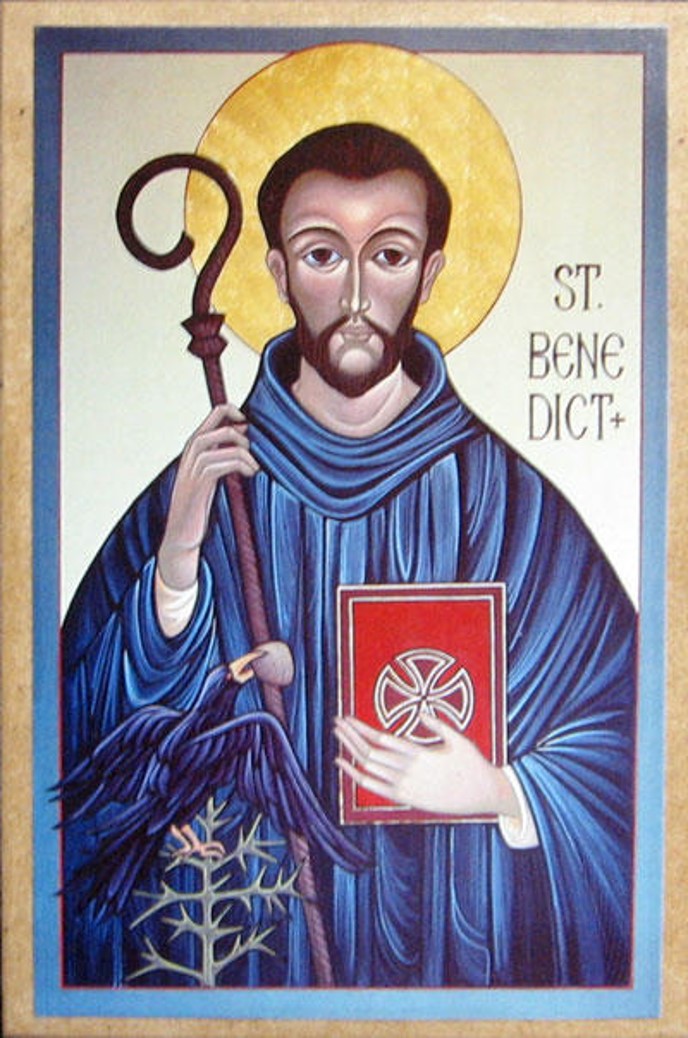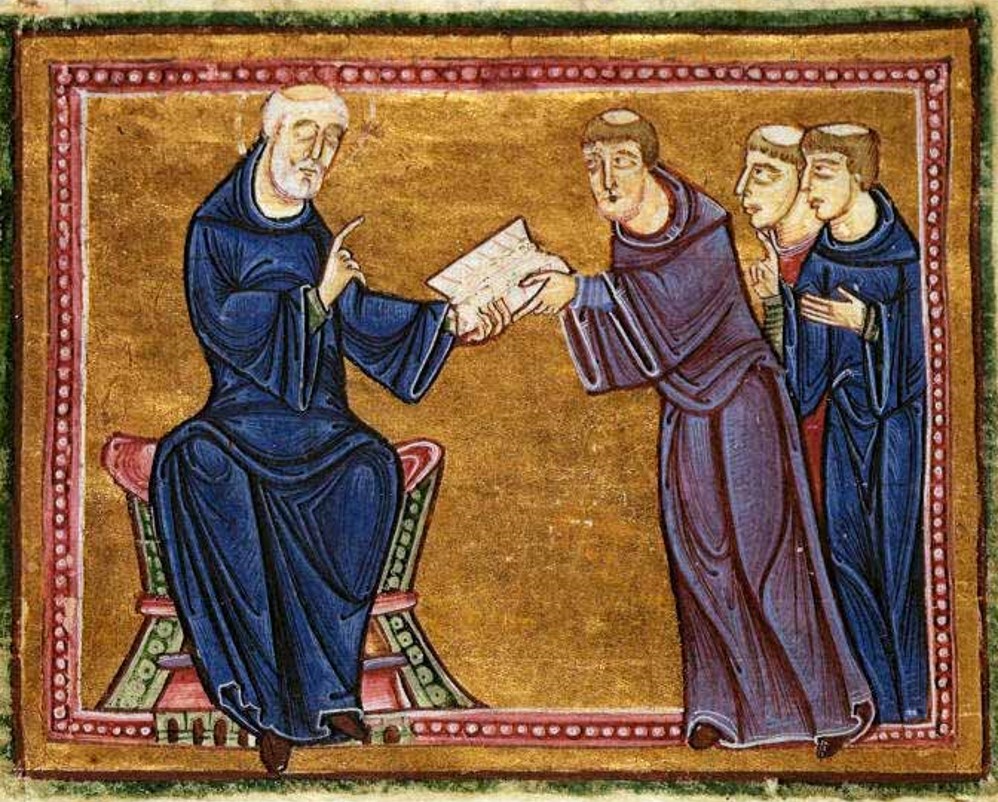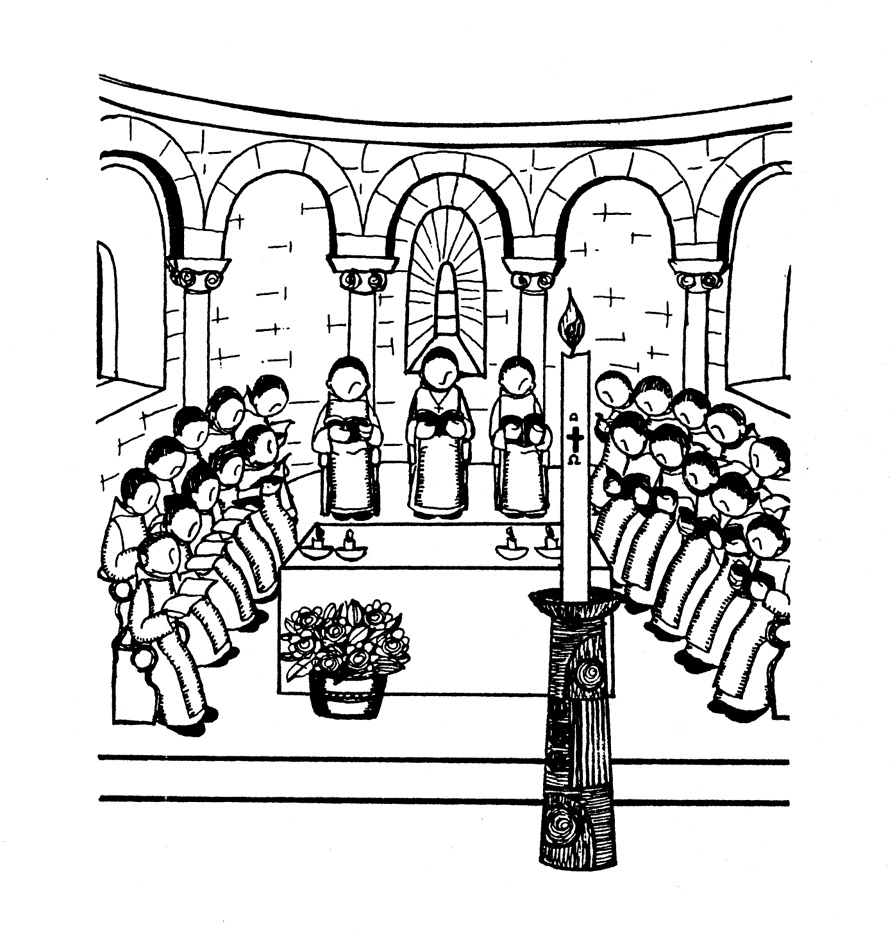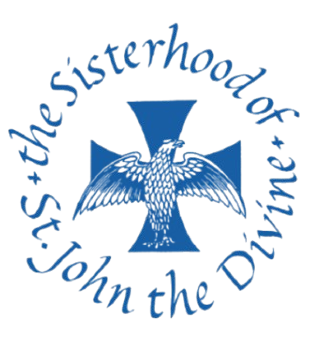SSJD will be offering online courses beginning this Fall.
The following courses will be taught by Sister Constance Joanna Gefvert, who for the past 16 years has taught in the Pastoral Theology department of Wycliffe College (one of the participating colleges in the Toronto School of Theology at the University of Toronto).
These courses are non-credit, for personal enrichment, and require no registration with the university – only registration through the Sisterhood’s website and a commitment to do the homework and participate in the classes. All classes will be limited to 30 students. A waiting list will be started for those unable to register. The fee for each course will be $150. CAD (approximately $115.00 USD)
We are in the process of setting up an on-line registration and payment process. Watch this page. Information will be posted by the end of July. For more information in the meantime, email convent@ssjd.ca.
Requirements for Courses:
- Participants must have access to a desktop or laptop computer (no participation by phone or tablet), an up-to-date operating system, and a private connection to the internet (not at a coffee shop or other public place where distractions are many and where other students’ privacy may be compromised visually or by audio).
- The platform we will work with is Zoom, and does NOT require that participants have a Zoom account only that you download the Zoom client the first time you go on. Instructions for joining the virtual classroom will be sent to registrants. However, participants should have enough experience with computers to navigate the various aspects of Zoom and the Internet.
- Participants must make a commitment to attend and participate actively in all six classes. No one will be allowed to simply observe and profit from what others say – we will form a true community of learners who share our experience, knowledge and wisdom with each other.
FALL TERM: BENEDICTINE SPIRITUALITY FOR CONTEMPORARY CHRISTIANS

St. Benedict’s “Little Rule,” written in the sixth century, has become one of the most important sources of inspiration for twenty-first century Christians and seekers alike. What is it about this “little rule,” as Benedict called it, that has inspired a resurgence of interest in personal spiritual growth as well as a new understanding of what it means to be “the church” – the body of Christ – in a secular society?
In both Part One and Part Two, we will read and reflect on the Rule along with Joan Chittister’s daily commentary, which is divided into a 4-month period from September 1 to December 31. In Part 1 we will also read the very first book to inspire a revival of interest in Benedict’s Rule – Esther de Waal’s Seeking God, originally published as the Archbishop of Canterbury’s Lent Book for 1984 and reprinted constantly since then. And in Part 2 we’ll read the newest book in this genre – Rowan Williams, The Way of St. Benedict, just published in January this year.
The course will include slide show lectures, discussion groups, and videos of some of the best teachers about Benedict in our century – Rowan Williams, Joan Chittister, Lawrence Freeman, and Kathleen Norris – from the 2003 Trinity Institute. Everyone will also have the opportunity to read a novel about Benedictine monastic life.
PART 1: TO THE REFORMATION

Wednesday evenings, 7 – 9 pm, September 9, 16, 23, 30, October 7, 14
Reading:
- Joan Chittister, The Rule of Benedict: A Spirituality for the 21st Century (Crossroad, 2010) – follow the daily readings for November 1 – December 31
- Esther de Waal, Seeking God, rev. ed. (The Liturgical Press, 2001) OR
Topics:
- Jesus, John and Paul
- Origins and Forerunners of Christian monasticism
- Desert Monasticism and Forefunners of Benedict
- Benedict’s Rule and the Development of Benedictine Monasteries
- Benedictine reforms (Cistercians & Trappists)
- The Reformation and the Dissolution of the Monasteries
PART 2: AFTER THE ENGLISH REFORMATION

Wednesday evenings, 7 – 9 pm, November 4, 18, 25, December 2, 9, 16
Reading:
- Joan Chittister, The Rule of Benedict: A Spirituality for the 21st Century (Crossroad, 2010) – follow the daily readings for November 1 – December 31
- Rowan Williams, The Way of St. Benedict (Continuum, 2020)
- Optional: A novel, to be selected from suggestions provided by the instructor. A brief synopsis of each will be presented in the last two classes.
Topics:
- Early Communal Experiments in the Church of England (Little Gidding)
- Sarum Rite and the Benedictine office
- The Book of Common Prayer
- The Oxford Movement and the Revival of monasticism in the English Church
- Contemporary New Monastic Movements
- The Future of Monasticism
WINTER TERM: CONTEMPLATIVE PRAYER

Our longing for God is rooted deep within each of us, and life in our contemporary secular society has created a spiritual restlessness not only for those with no Christian background, but for church-going Christians as well. How do we live mindfully, aware and conscious of all that is around us, yet serene and confident in the knowledge that we are deeply loved by God?
Both Part One and Part Two will explore the nature of prayer, and introduce some specific forms of prayer that may be helpful for the participants. A strong commitment to practicing the forms of prayer at home is essential.
PART 1: ROOTED IN GOD

Tuesday evenings, 7 – 9 pm, January 5, 12, 19, 26; February 2, 9
Required Reading: Brother Lawrence, The Practice of the Presence of God (various editions)
David Steindl-Rast, The Way of Silence: Engaging the Sacred in Daily Life (Franciscan Media, 2016
Henri Nouwen, Behold the Beauty of the Lord (Ave Maria Press, 2007)
Topics:
- Why Pray
- Images of God
- Lectio Divina and the Contemplative Life
- Visio Divina and the Beauty of God
- Audio Divina and the Voice of God
- Movio Divina and the Life of the Imagination
Homework for each class will involve the reading of three short books as well as practicing the prayer at home. As we move into some of the related expressions of lectio divina, homework will involve looking at some works of art, listening to some music, and watching a movie or two.
PART 2: GROWING IN GOD

Tuesday evenings, 7 – 9 pm, March 2, 9, 26, 23; April 6, 13
Reading: Joan Chittister, In God’s Holy Light (Franciscan Media, 2015)
Anon, The Way of a Pilgrim
Thomas Keating, Intimacy with God (Crossroads, 2020)
Topics:
- The Desert Tradition
- The Jesus Prayer and the Pilgrimage Tradition
- Praying with the Labyrinth in Colour
- Centering Prayer
- Expressing Contemplation in Colour
- The Contemplative Life
Homework for each class will involve the reading of three short books as well as practicing the prayer at home. As we move into some of the “colour” expressions of our prayer, students will need some paper and one or more of the following: pencil crayons, markers, oil acrylics.
